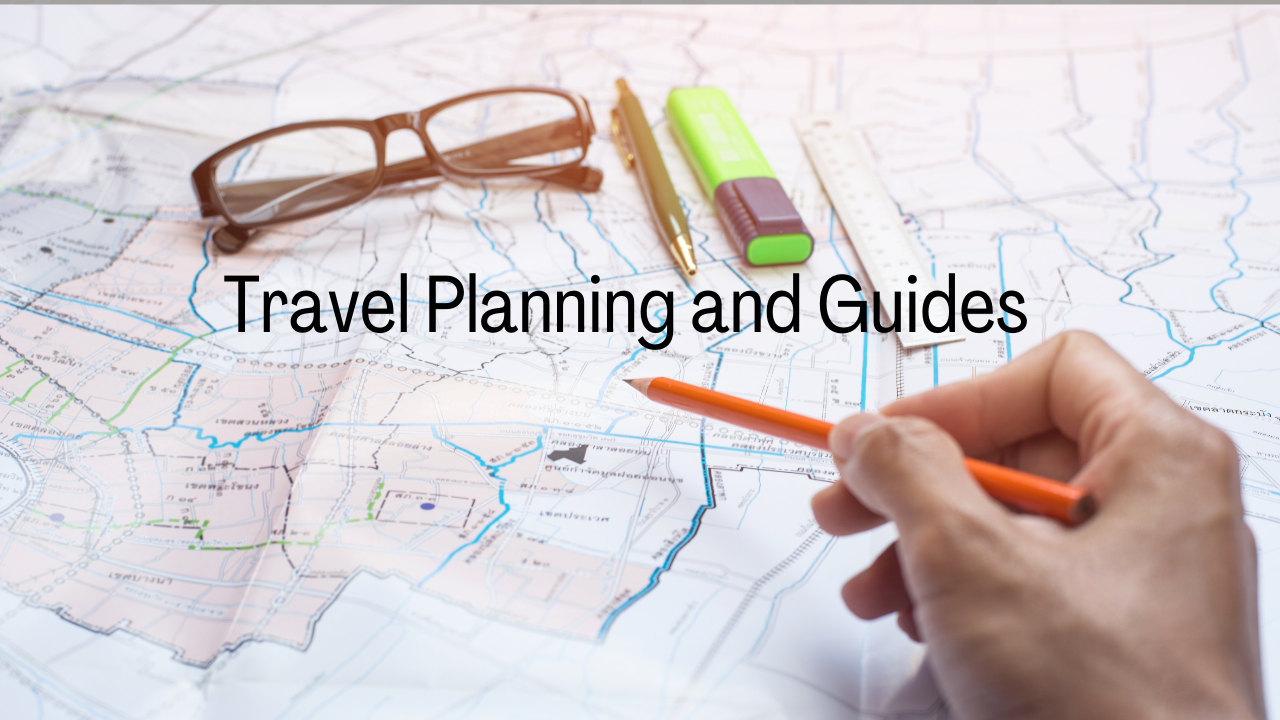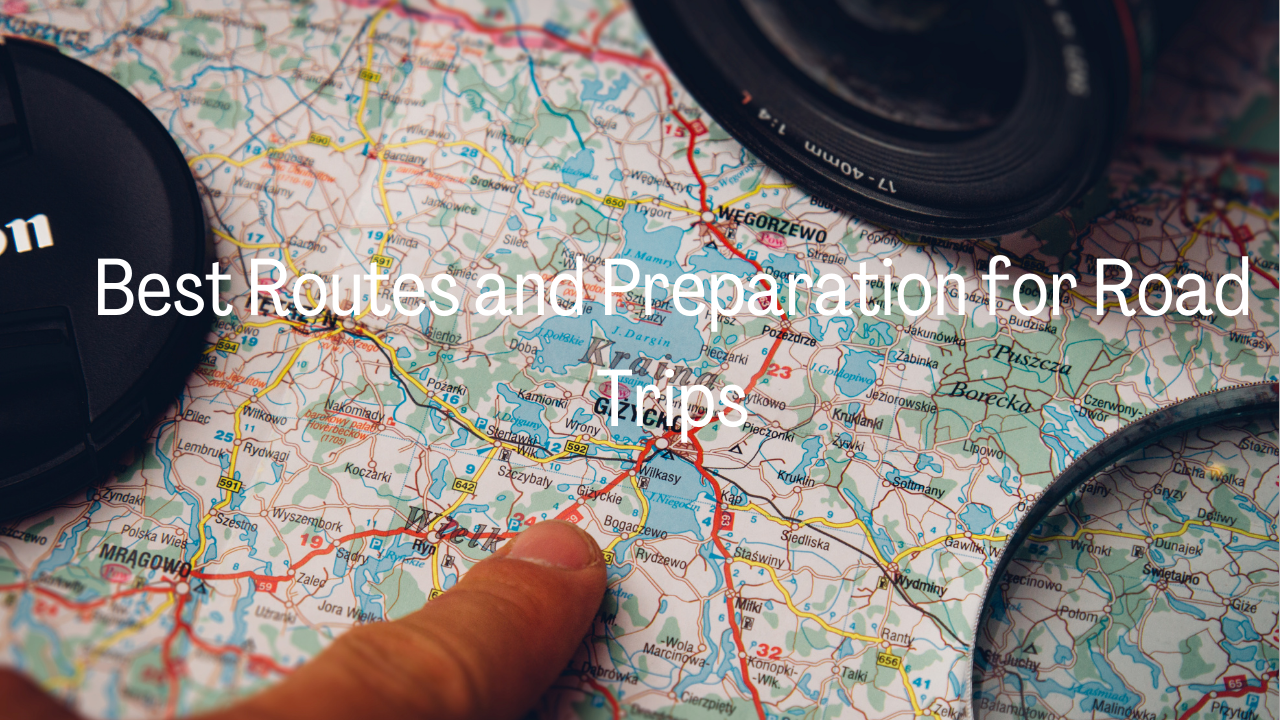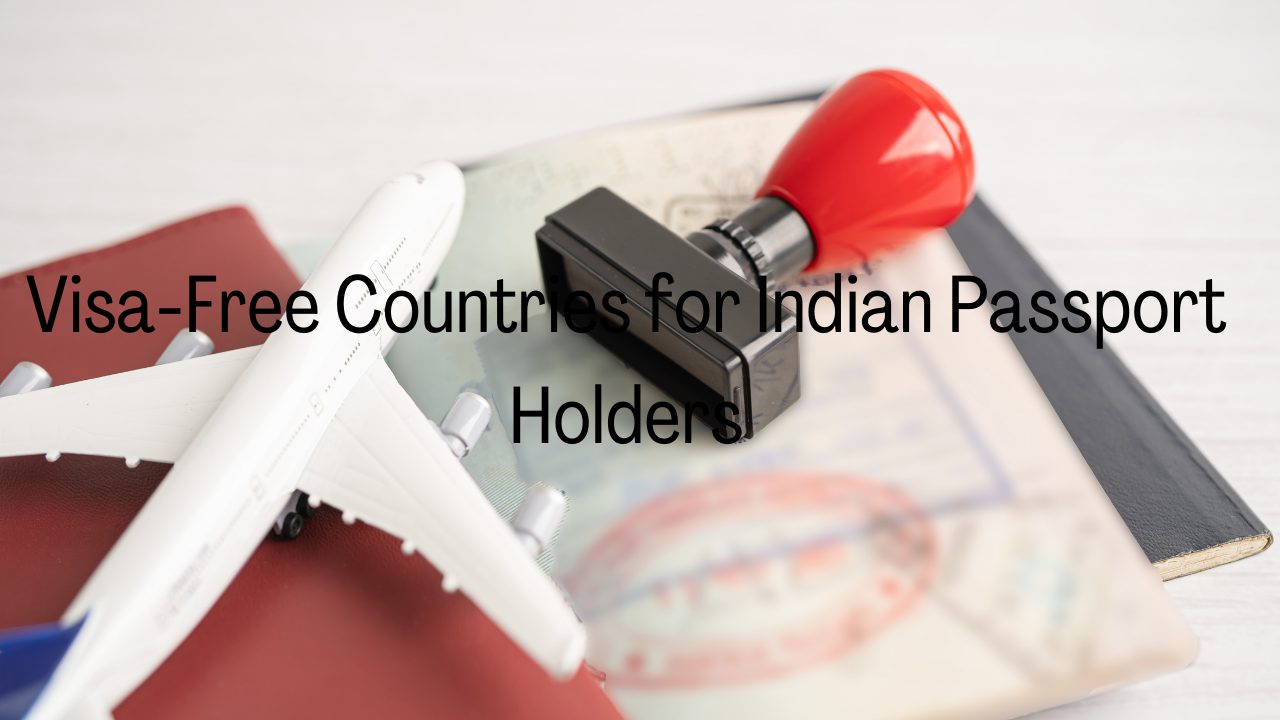Introduction
Traveling is one of life’s most enriching experiences. Whether you’re seeking adventure, relaxation, cultural immersion, or a mix of all three, having a well-structured travel plan can make all the difference. From choosing the right destination to booking tickets, accommodation, and activities, every step of travel planning requires careful consideration. This comprehensive guide provides essential tips and advice to help you plan an unforgettable journey.
1. Setting Your Travel Goals
Before diving into the logistics, it’s crucial to identify the purpose of your trip. Ask yourself:
- Are you looking for adventure, relaxation, or cultural exploration?
- Do you want a solo trip, family vacation, or a romantic getaway?
- What’s your preferred climate, activities, and budget?
Having clear goals will shape every decision, from the destination you choose to the activities you book.
2. Choosing a Destination
Selecting the right destination can be challenging. Here’s how to simplify the process:
- Research Destinations: Use travel blogs, YouTube vlogs, and social media to discover popular and offbeat destinations.
- Consider Your Budget: Different destinations have different costs for food, transport, and accommodation.
- Check Weather and Season: Avoid monsoon or extreme weather conditions that might disrupt your plans.
- Travel Restrictions: Be aware of visa requirements, COVID-19 protocols, and entry regulations for the destination.
3. Creating a Travel Budget
Budgeting is an essential step in travel planning. Consider the following factors:
- Transportation: Cost of flights, buses, trains, taxis, and car rentals.
- Accommodation: Options range from luxury hotels to budget hostels or Airbnb rentals.
- Food: Estimate daily meal costs or consider dining at local street food stalls for a budget-friendly option.
- Activities: Tours, excursions, and admission fees for museums, parks, and cultural sites.
- Miscellaneous: Insurance, tips, shopping, and emergency expenses.
4. Booking Flights and Transportation
Securing your transportation early can save you a significant amount of money. Here’s how to get the best deals:
- Book in Advance: Book flights 1-3 months ahead for domestic trips and 3-6 months for international travel.
- Use Flight Comparison Tools: Websites like Skyscanner, Google Flights, and Expedia help find the cheapest options.
- Be Flexible with Dates: Traveling during off-peak seasons or mid-week can lower flight costs.
- Look for Deals: Sign up for airline newsletters and deal alerts.
5. Choosing Accommodation
Accommodation plays a major role in the quality of your trip. Here’s how to choose the right stay:
- Research Accommodation Types: Hotels, hostels, homestays, vacation rentals, and resorts all have pros and cons.
- Consider Location: Proximity to attractions, transport hubs, and amenities is crucial.
- Read Reviews: Check reviews on platforms like TripAdvisor, Google Reviews, and Booking.com.
- Check Amenities: Free Wi-Fi, breakfast, air conditioning, and laundry services are essential for many travelers.
6. Itinerary Planning
An itinerary ensures you make the most of your time at the destination. Here’s how to plan an effective itinerary:
- Prioritize Must-Visit Spots: Identify key attractions you don’t want to miss.
- Leave Room for Flexibility: Avoid over-scheduling to allow for spontaneous adventures.
- Book Activities in Advance: Secure tickets for popular sites or activities to avoid long queues.
- Break Up Travel Days: Don’t plan too much on travel days to avoid exhaustion.
7. Packing Smartly
Packing can make or break your travel experience. Here are some tips for smart packing:
- Create a Packing List: Write down essentials like clothes, toiletries, electronics, and travel documents.
- Pack Light: Stick to versatile clothing items you can mix and match.
- Use Packing Cubes: They help organize and compress clothes to save space.
- Carry Essentials in Your Hand Luggage: Medication, electronics, and important documents should always be with you.
8. Travel Insurance
Travel insurance provides financial protection against unforeseen events. Here’s what to look for:
- Coverage: Medical emergencies, trip cancellations, and lost luggage are key areas of coverage.
- Compare Policies: Use comparison sites to find affordable and comprehensive policies.
- Check for COVID-19 Coverage: Ensure your policy includes coverage for COVID-19-related issues.
9. Visa and Documentation
Ensure all necessary documents are in order before departure:
- Passport: Check expiration date (at least 6 months validity required for most countries).
- Visa: Apply for a tourist visa if required for the destination.
- Travel Permits: Some areas, like nature reserves, may require special permits.
- Copies of Documents: Carry digital and hard copies of important documents like passport, visa, and insurance.
10. Health and Safety
Prioritize your health and safety while traveling. Here’s how to prepare:
- Vaccinations: Check if your destination requires specific vaccinations.
- First Aid Kit: Carry a small kit with basic medications for headaches, nausea, and minor injuries.
- Emergency Contacts: Save local emergency numbers and the nearest embassy’s contact details.
- Travel Apps: Use apps like Google Maps and language translators to avoid getting lost or miscommunicating.
11. Technology and Connectivity
Stay connected while abroad with the following tips:
- Local SIM Cards: Buy a local SIM card for cheaper data and calls.
- Wi-Fi Access: Research if your accommodation provides free Wi-Fi.
- Portable Chargers: Carry a power bank to keep your devices charged on the go.
12. Responsible Travel
Travel responsibly to ensure your journey benefits both you and the environment:
- Sustainable Practices: Avoid single-use plastics and support eco-friendly businesses.
- Respect Local Cultures: Learn about local customs and dress codes.
- Support Local Communities: Buy from local artisans and eat at local restaurants.
13. Travel Tips for Different Types of Travelers
Every traveler’s needs are different. Here are some tailored tips:
- Solo Travelers: Prioritize safety and join group tours to meet people.
- Family Travelers: Plan for child-friendly activities and carry entertainment for kids.
- Adventure Seekers: Check weather forecasts and prepare for extreme conditions.
14. Dealing with Travel Mishaps
Despite careful planning, things can go wrong. Here’s how to deal with them:
- Flight Delays/Cancellations: Stay updated via the airline app and know your rights.
- Lost Luggage: Report it immediately to the airline and keep a record.
- Medical Emergencies: Call emergency services or head to the nearest hospital.
15. Post-Trip Activities
Once your trip is over, there are still things to wrap up:
- Write Reviews: Leave feedback for hotels, restaurants, and tours to help future travelers.
- Organize Photos: Sort and back up travel photos.
- Reflect on the Trip: Write down memorable moments to cherish forever.
Conclusion
Planning a trip can be a daunting task, but with the right strategy, it’s entirely manageable. By following the steps outlined in this guide, you’ll have a well-prepared, stress-free, and enjoyable travel experience. From setting clear travel goals to packing smartly and ensuring responsible travel, each aspect of planning contributes to a memorable journey. Happy travels!








Leave a Reply